
Being able to work remotely opens up the world — as long as there’s an internet connection, you can turn anywhere into an office. This is especially enticing for those who love to travel or have always wanted to spend a few months (or years!) abroad. Here are six countries that offer digital nomad visas, making it a little easier to try out your expat dreams.
Costa Rica

The Costa Rican saying “pura vida,” or “pure life,” is “more than just a simple catchphrase,” said BBC. It’s a “feeling of optimism and a uniquely positive outlook on life” ingrained in the culture and also extends to visitors. This focus on wellbeing attracts those seeking a more relaxed lifestyle, especially if they want to live in a “paradise for outdoor adventure,” said Architectural Digest.
Between deadlines and Zoom meetings, explore Pacific and Caribbean beaches and hike past waterfalls and through rainforests. Affordable housing and a “robust” health care system also “boost” quality of life.
What to know before applying for a visa: Costa Rica’s digital nomad program extends a 90-day tourist visa to a full year, with the option to renew for one more year. Applicants must work remotely for a foreign company and earn a minimum of $3,000 USD per month.
Ecuador
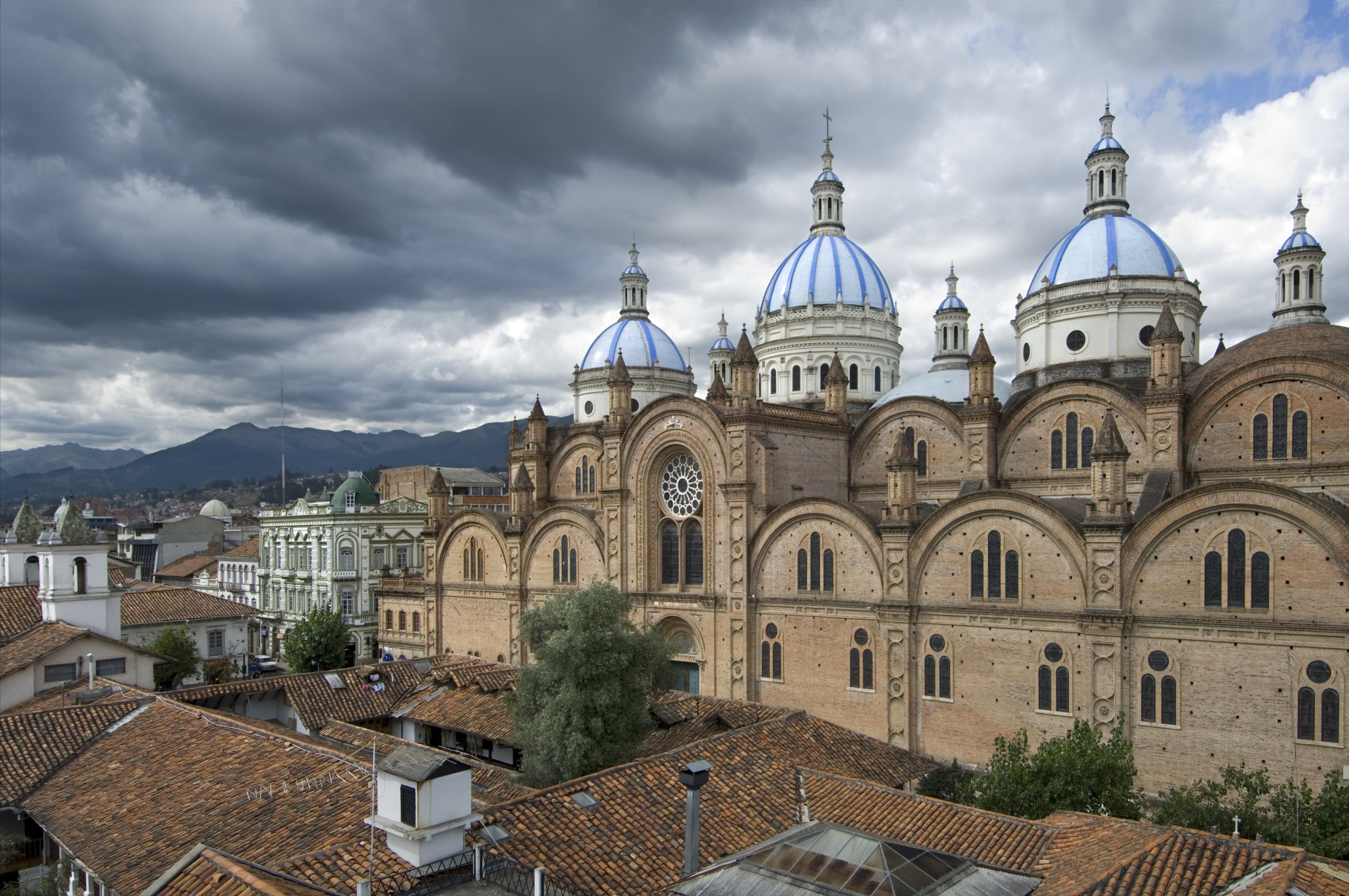
Affordable housing and gorgeous scenery make Ecuador a “rising star” for foreigners looking to live in a new locale, said Travel and Leisure. Cuenca shines brightest, as the “picturesque” city is filled with the country’s “best colonial architecture” and boasts a “temperate, spring-like climate” during a majority of the year,” The Independent said.
Ecuador is perfect for the digital nomad who wants to experience a little bit of everything. The cities are lively, but quiet can be found in the Amazonian rainforest, Andes and beaches on the Pacific Ocean.
What to know before applying for a visa: You must demonstrate earning at least three times Ecuador’s unified basic salary per month for three months prior to applying for the visa. That total is a minimum of $1,410 USD. The visa is valid for up to two years and can be extended for another two years.
Mexico
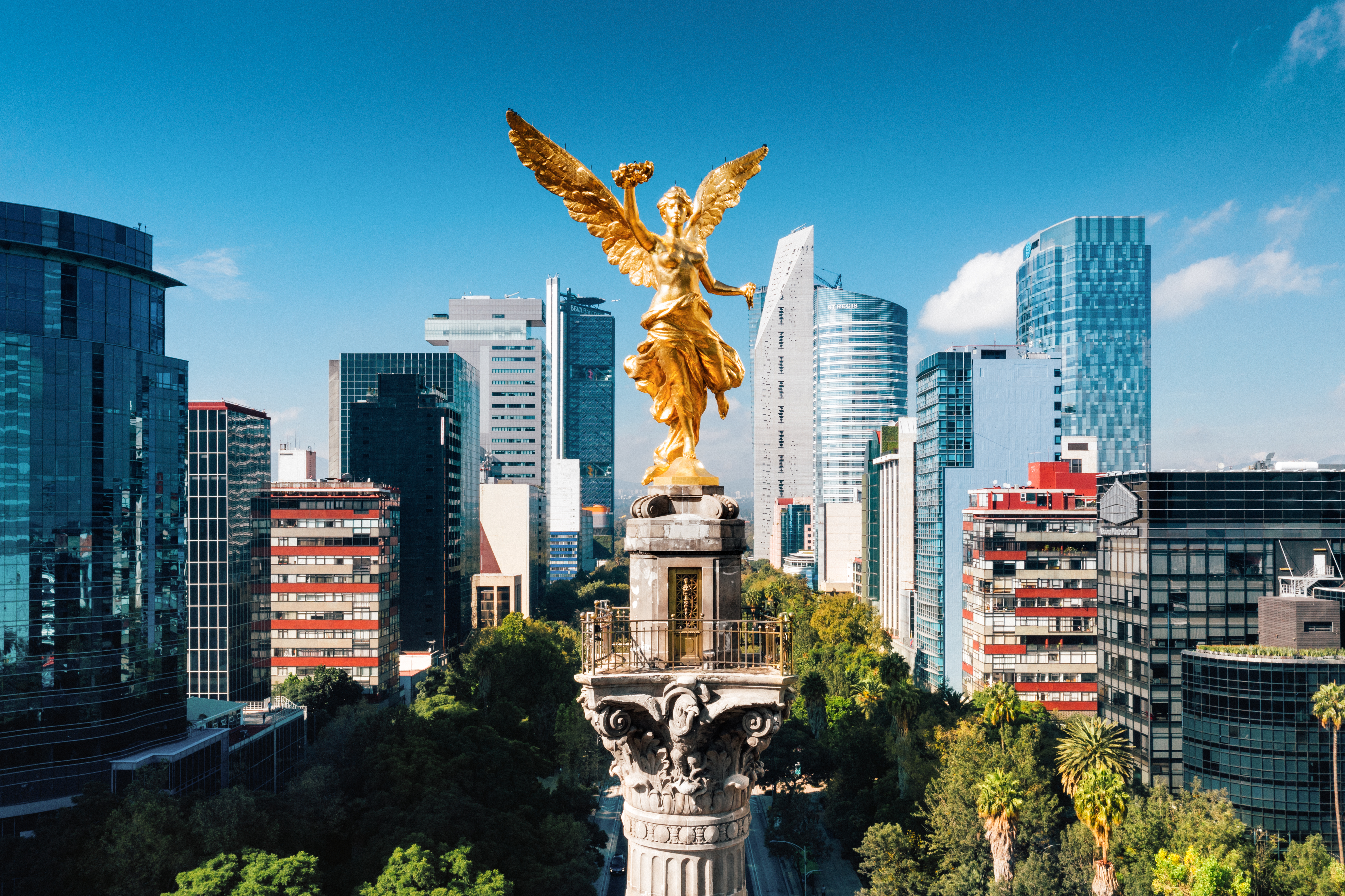
Know that wherever you roam in Mexico, you will be eating well. Mexico is a “feast” for both the eyes and stomach, and the tacos al pastor, mole, pozole and enchiladas found in tiny restaurants and street corners are “some of the best food in the world,” said Lonely Planet.
The country beckons more than just epicures; the warm weather year-round is also a draw. Lively beach towns dot the coastlines — Puerto Vallarta on the Pacific and Playa del Carmen on the Yucatán Peninsula are both gorgeous choices — while Mexico City offers “constant action” and “surprisingly green neighborhoods” for those seeking big-city living with a side of nature.
What to know before applying for a visa: Mexico does not have a specific digital nomad visa but does offer a six-month tourist visa.
New Zealand
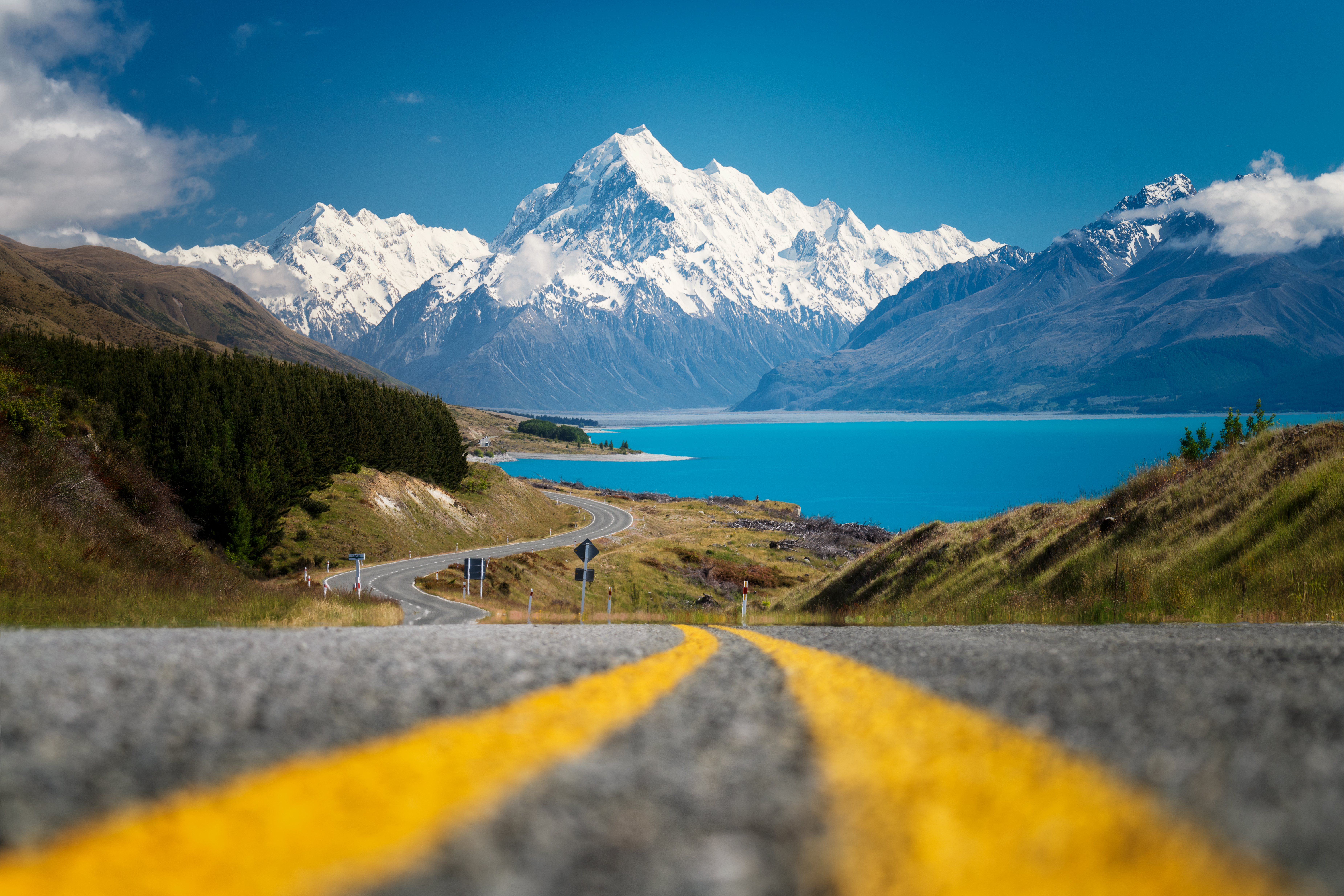
Being able to spend more time soaking up the natural beauty of New Zealand is one reason to “break free from the chains of our desks,” said Condé Nast Traveler. When choosing a home base, consider the climate and what you want to experience during your off hours.
The “volcanic” and “lush” North Island is home to Auckland, the country’s most diverse city, while the “rugged, mountainous” South Island has dramatic scenery and less people, said Afar. Together, they offer “just about everything you could ask for in a destination.”
What to know before applying for a visa: Applicants need to be employed by a foreign company or self-employed with clients outside of New Zealand. The visa is good for up to 90 days.
Portugal
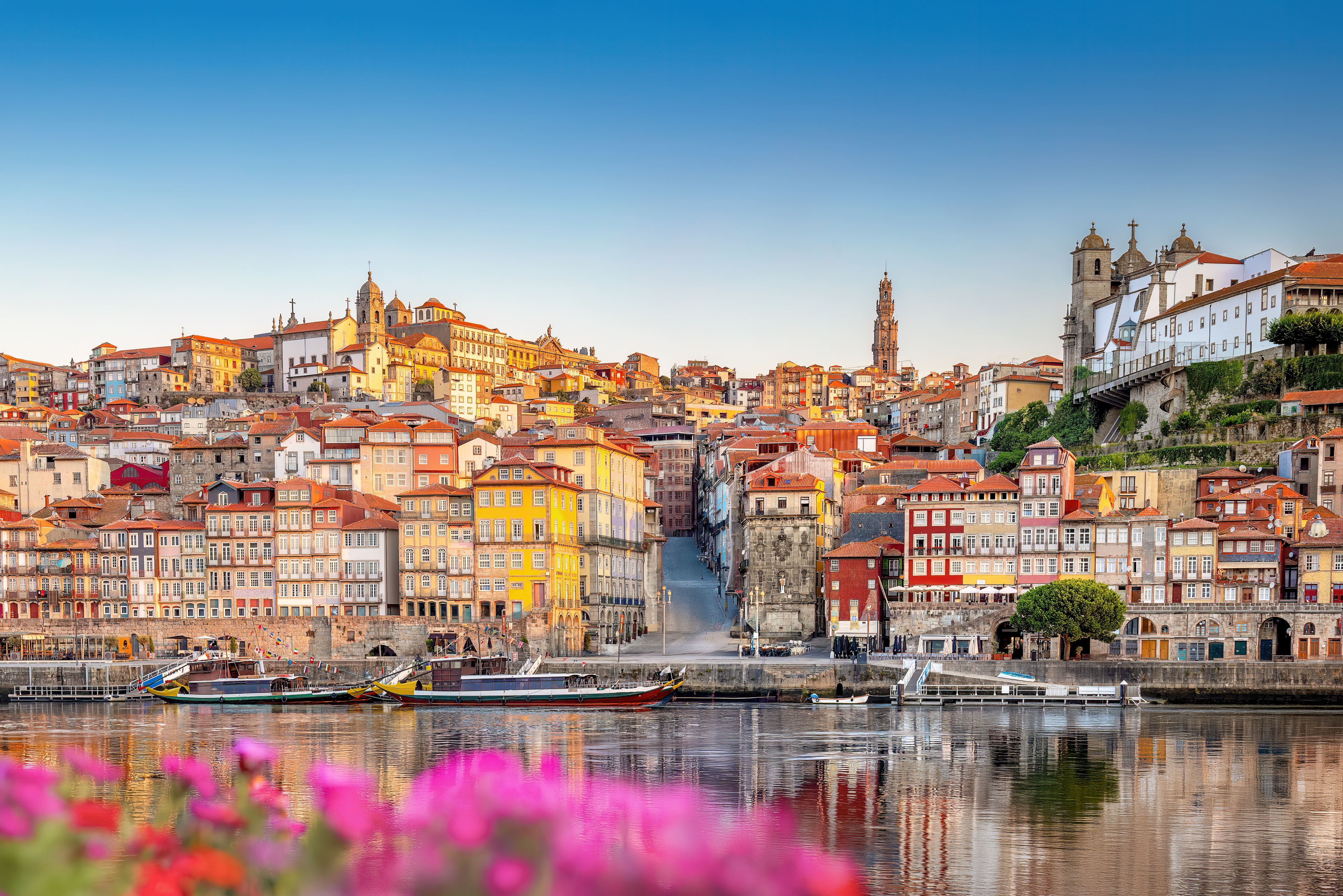
When it comes to picking a place to settle in Portugal, there are no bad choices. The country is known for its “pastoral landscapes punctuated by dazzling, old-world cities,” as well as “incredible” beaches, said Travel and Leisure.
Housing prices are more affordable compared to major cities in the U.S.; rent in Lisbon, for example, is on average 36.9% lower than in Seattle, according to Numbeo. When not at work, take advantage of the vibrant culture by seeing a fado performance at a cafe, sip local wines and enjoy pastel de nata (custard tarts) and arroz de marisco (seafood rice).
What to know before applying for a visa: The D8 visa is for digital nomads who can show proof of a $4,000 USD monthly income. The visa is good for one year but can be extended for five more years if certain requirements are met. Applications can require up to 60 days to process.
Thailand
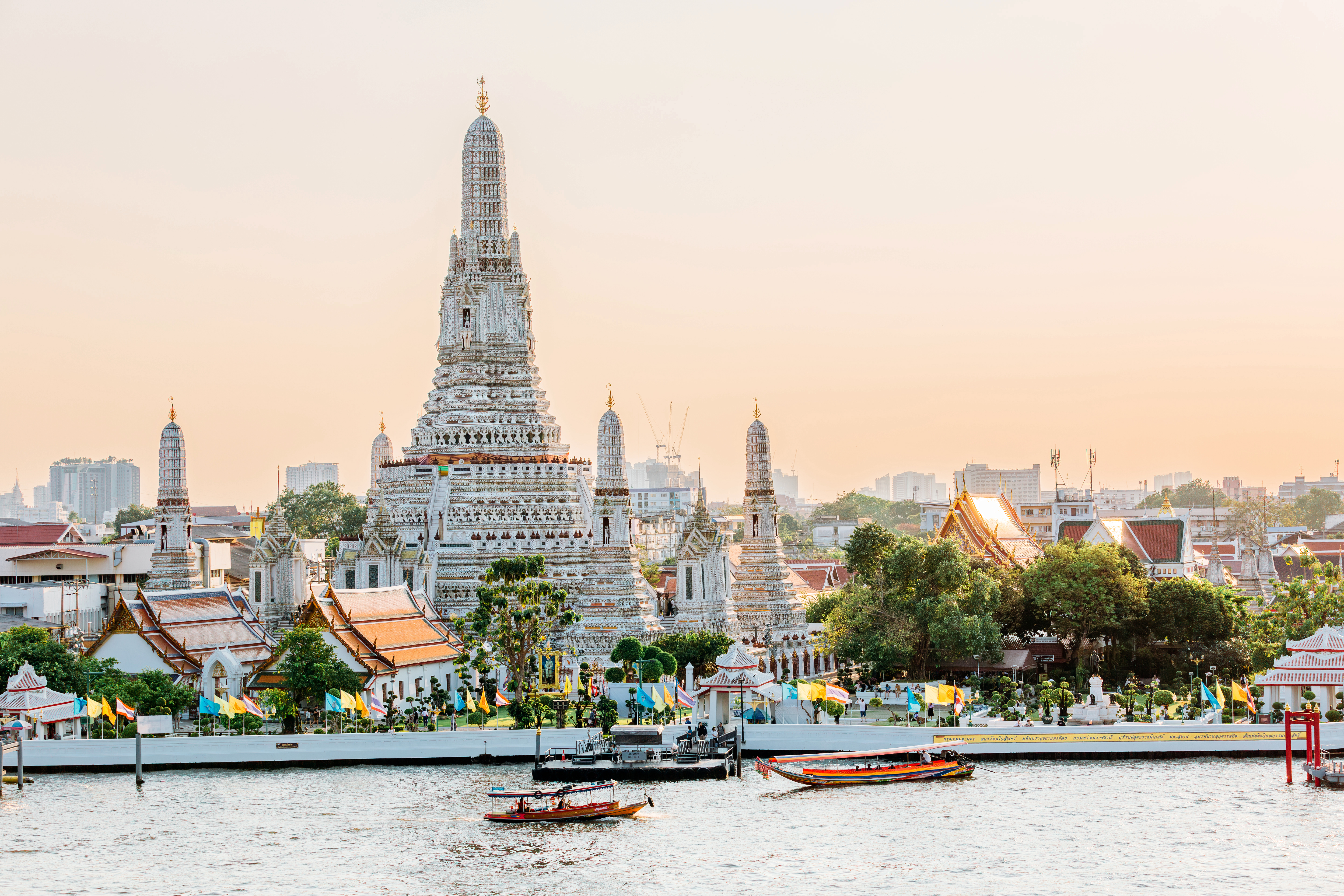
Thailand calls to those seeking an “utter paradise,” said Travel and Leisure. It’s easy to feel at home here, thanks to the “tropical beauty” and “warm hospitality,” with the bonus of affordable housing across the country.
For a cosmopolitan experience, head to Bangkok, a “megacity incarnate” where Buddhist monasteries mingle with “towering skyscrapers” and “teeming markets,” Lonely Planet said. Chiang Mai affords a more laid-back life, as it is “blissfully calm” while still “firmly Thai in its atmosphere and attitude.”
What to know before applying for a visa: The Destination Thailand Visa, or Thailand Digital Nomad Visa, is for freelancers and remote workers employed by companies outside of Thailand. You must be able to show proof of having at least $16,000 USD in a checking or savings account and a professional portfolio. The visa is valid for five years and multiple entries, with each visit lasting no more than 180 days.
A few things to remember
Be respectful of your temporary home. In some places popular with digital nomads, like Mexico City, local residents are “resentful” that several of their “most storied neighborhoods” are viewed as “playgrounds” by people who “live with dollars and don’t pay local taxes,” said the Los Angeles Times. Show your gratitude by supporting nonprofits in the area, shopping at small businesses, donating to charities and paying local taxes if you stay long enough to qualify.
See the world — but do it in a conscientious manner






